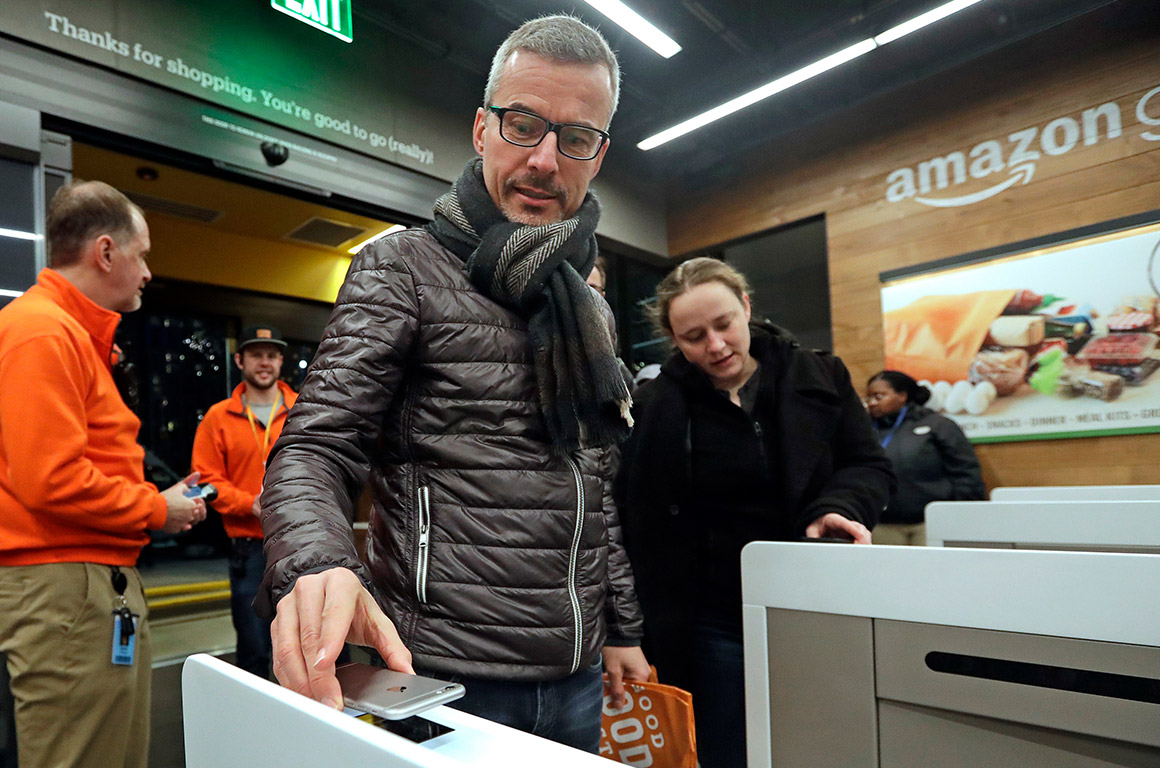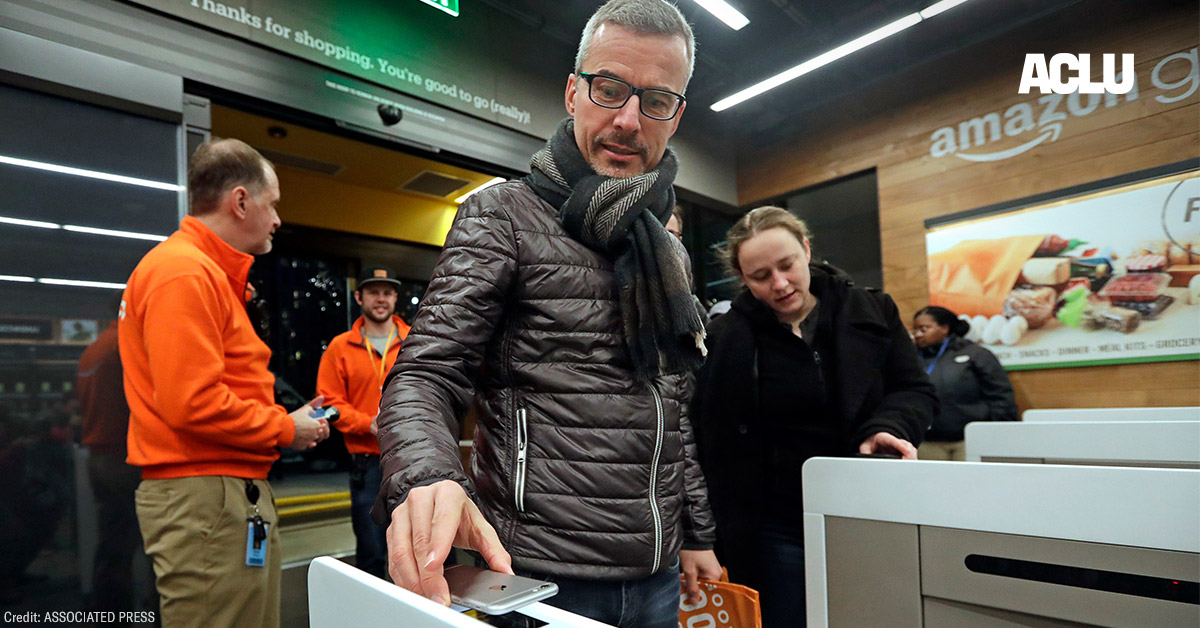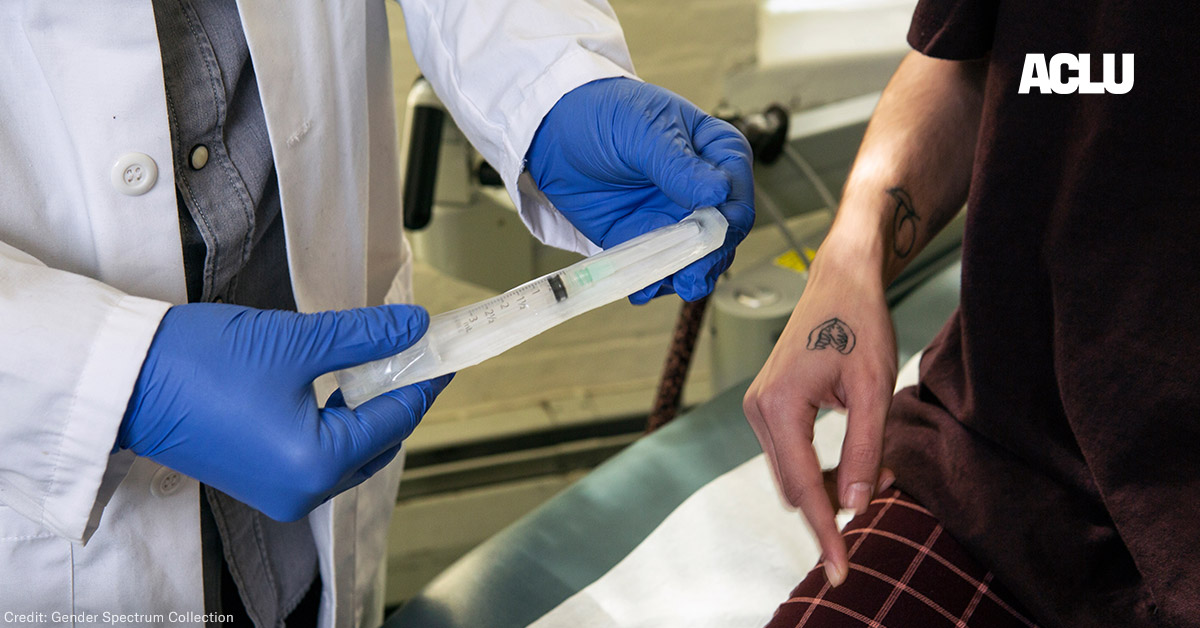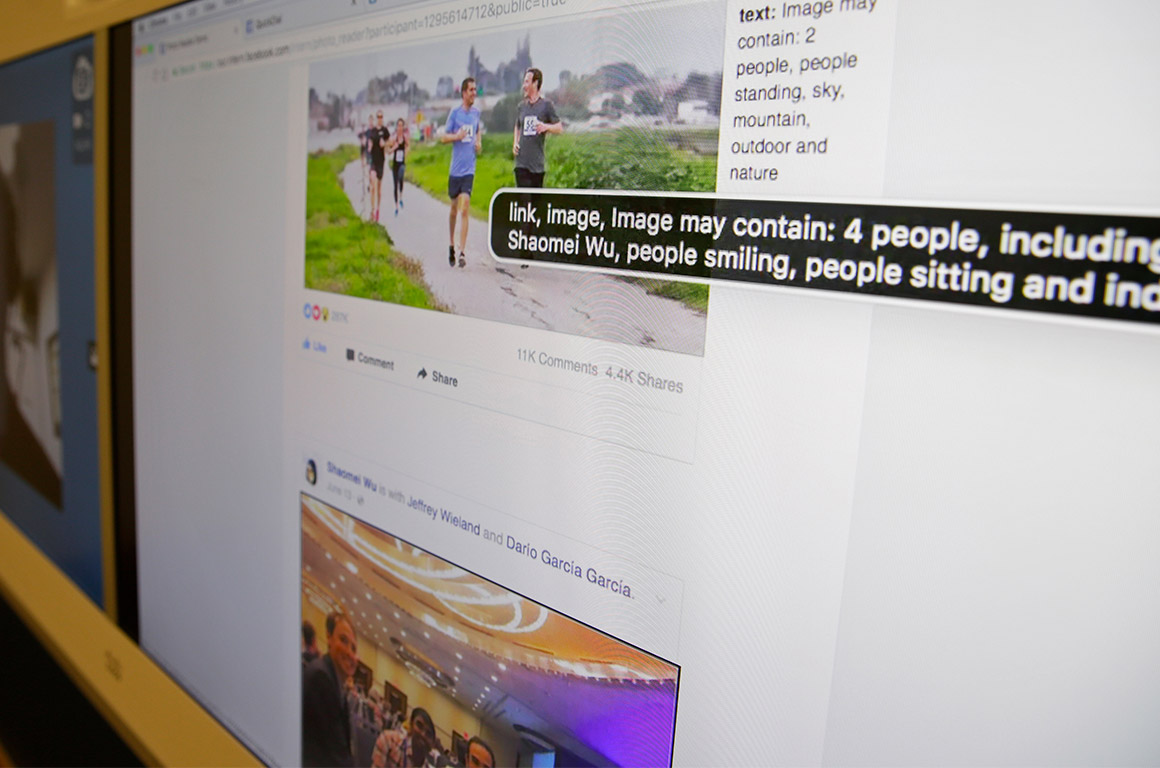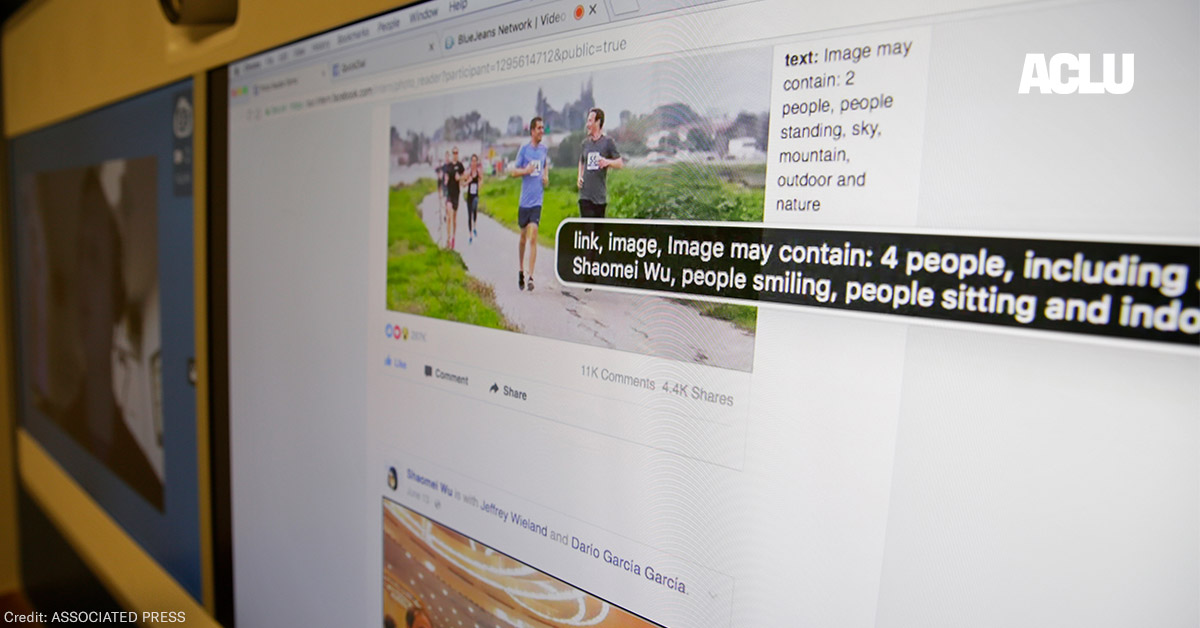I went to a counter-serve restaurant recently, and when the time came to pay for my order, took out my wallet, presented a $20 bill, and was told, “Sorry, we don’t accept cash.” I was flabbergasted. What happened to “legal tender for all debts public and private,” as it says right there on the bill? This has now happened to me at three separate establishments in recent months. The rise of cashless establishments is happening amid continuing hype over the supposed dawn of a “cashless future” and agitation by some very powerful interests that would love to see cash disappear. The credit card companies love it, naturally, and tech industry associations have also pushed for the concept.
Meanwhile, a backlash has prompted several cities and states including San Francisco, Philadelphia, and New Jersey to ban cashless stores (they’ve also been banned in Massachusetts since 1978). One salad chain, Sweetgreen, reversed its decision to go cashless amid criticism, and Amazon, which had reportedly been opposing legislative bans, has since announced that it will accept cash at its automated, cashier-less convenience stores. (As for the “legal tender” statement, that does not actually mandate the acceptance of cash for payment.)
It is great to see this pushback against the supposed cashless future because this is a trend that should very much be nipped in the bud. There are several reasons why cashless stores, and a cashless society more broadly, are a bad idea. Such stores are:
- Bad for privacy. When you pay cash, there is no middleman; you pay, you receive goods or services — end of story. When a middleman becomes part of the transaction, that middleman often gets to learn about the transaction — and under our weak privacy laws, has a lot of leeway to use that information as it sees fit. (Cash transactions of more than $10,000 must be reported to the government, however.) More on privacy and payment systems in a follow-up post.
- Bad for low-income communities. Participation in a cashless society presumes a level of financial stability and enmeshment in bureaucratic financial systems that many people simply do not possess. Opening a bank account requires an ID, which many poor and elderly people lack, as well as other documents such as a utility bill or other proof of address, which the homeless lack, and which generally create bureaucratic barriers to participating in electronic payment networks. Banks also charge fees that can be significant for people living on the economic margins. According to government data from 2017, about one in 15 U.S. households (6.5%) were “unbanked” (had no checking or savings account), while almost one in five (18.7%) were “underbanked” (had a bank account but resorted to using money orders, check cashing, or payday loans). Finally, because merchants usually pass along the cost of credit card fees to all their customers through their prices, the current credit card system effectively serves to transfer money from poor households to high-income households, according to a study by the Federal Reserve.
- Bad for people of color. The burden of lack of access to banking services such as credit cards does not fall equally. While 84% of white people in 2017 were what the Federal Reserve calls “fully banked,” only 52% of Black and 63% of Hispanic people were.
- Bad for the undocumented. Facing a lack of official identity documents, not to mention all the other obstacles mentioned above, undocumented immigrants can have an even harder time accessing banking services.
- Bad for many merchants. Merchants pay roughly 2-3% of every transaction to the credit card companies, which can be a significant “tax,” especially on low-margin businesses. With the credit card sector dominated by an oligopoly of 2-3 companies, there is not enough competition to keep these “swipe fees” low. Big companies have the leverage to negotiate lower fees, but small merchants are out of luck, and the amount that they pay to the credit card companies is often greater than their profit. If cashless stores are allowed to become widespread, that will harm the many merchants who either discourage or flat-out refuse to accept credit cards due to these fees.
- Less resilient. The nationwide outage of electronic cash registers at Target stores several weeks ago left customers unable to make purchases — except those who had cash. That’s a reminder that electronic payments systems can mean centralized points of failure — not just technical failures like Target’s, but also security failures. A cashless society would also leave people more susceptible to economic failure on an individual basis: if a hacker, bureaucratic error, or natural disaster shuts a consumer out of their account, the lack of a cash option would leave them few alternatives.
The issue goes beyond restaurants and retail stores; other services that are built around electronic payments should also offer cash options (or cash-like anonymous stored value cards). Those include ride-share services like Uber and Lyft, bike and scooter share systems, and transit systems. In San Francisco, for example, the city’s bike-share program is providing an option to pay with cash. In DC, where I live, the Metro requires a smart card to use — but riders have the option to either register their card so that they can cancel it if it’s lost or stolen, or buy it with cash and not register it to keep it more private.
Proponents of non-cash payment systems point to one of the biggest downsides of cash: the risk of loss or theft. That security risk is real, and we’re certainly not going to tell anybody they should always use cash, especially for large purchases. That said, the security considerations are not one-sided. The harms that can result from privacy invasions (abuses, profiling, embarrassment, financial losses, etc.) should also be included in the concept of “security,” properly conceived. And payment networks have security risks that cash does not; ask anybody who has experienced identity theft and was forced to wrangle with a nightmare mix of credit card companies, debt collectors, credit scoring agencies, and others.
What to do
So what should you do if you walk into a store and are told: “your cash is no good here”?
- Register your objection. Say to the staff, “I know this isn’t your policy personally, but I think it’s a bad one, and I hope you’ll pass that along to your management. Not accepting cash is bad for privacy, bad for poor people, and bad for the undocumented.”
- Refuse to provide a credit card. If you haven’t been given very clear advance notice that cash is not accepted, tell them you don’t have a credit card with you and see what they propose. There’s no law that a person has to possess a credit card or furnish one on demand. This may tie up their line, require the calling of a manger, create abandoned food that has already been prepared, and generally create inefficiencies that, if repeated among enough customers, will start to erode the advantages of going cashless for merchants.
- Walk out. If you can do without, leave the establishment without buying anything after registering your objection to a staff person so they are aware they’ve lost your business over it.
- Understand why some stores charge fees for credit card use. If you visit a store or restaurant that charges a higher price for credit card purchases, understand that this is a socially beneficial policy and be supportive. Merchants are explicitly permitted to pass swipe fees (also known as “interchange fees”) along to customers, which among other things is fairer to low-income customers who don’t have credit cards and shouldn’t have to absorb the costs of those cards. If you are a business, consider passing along those fees to increase fairness as well as customer awareness of how the current system works.
- Contact your elected representatives. We have already seen some cities and states ban cashless stores. Your state or city can do so as well.
The bottom line is that the technocratic “dream” of a cashless society is a vision in which we discard what is left of the anonymity that has characterized urban life since the dawn of modernity, and our freedom from the power of centralized companies like banks. Doing without cash may be convenient at times, but if we lose cash as an option we’re going to regret it later.
Jay Stanley, Senior Policy Analyst, ACLU Speech, Privacy, and Technology Project
Date
Monday, August 12, 2019 - 3:30pmFeatured image
